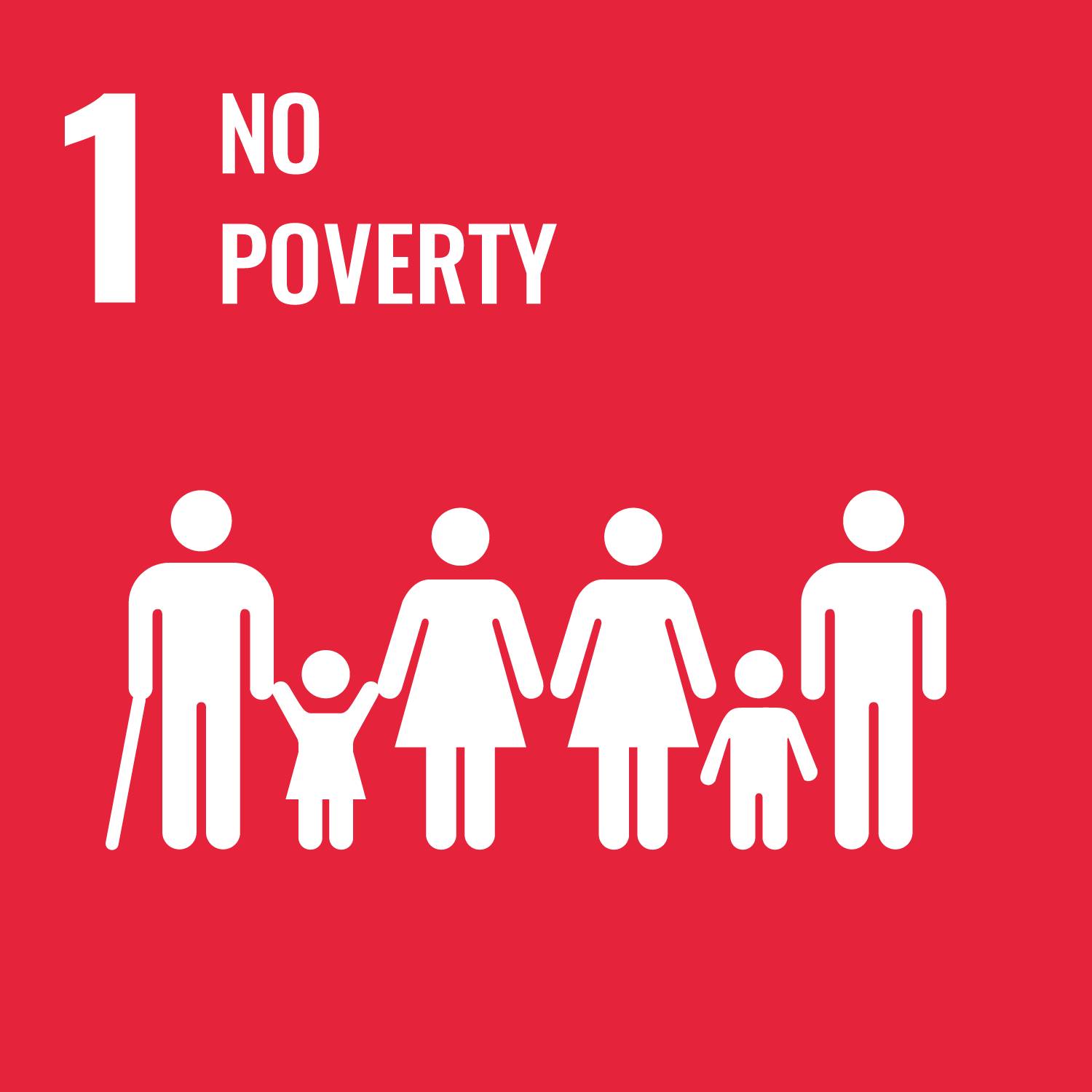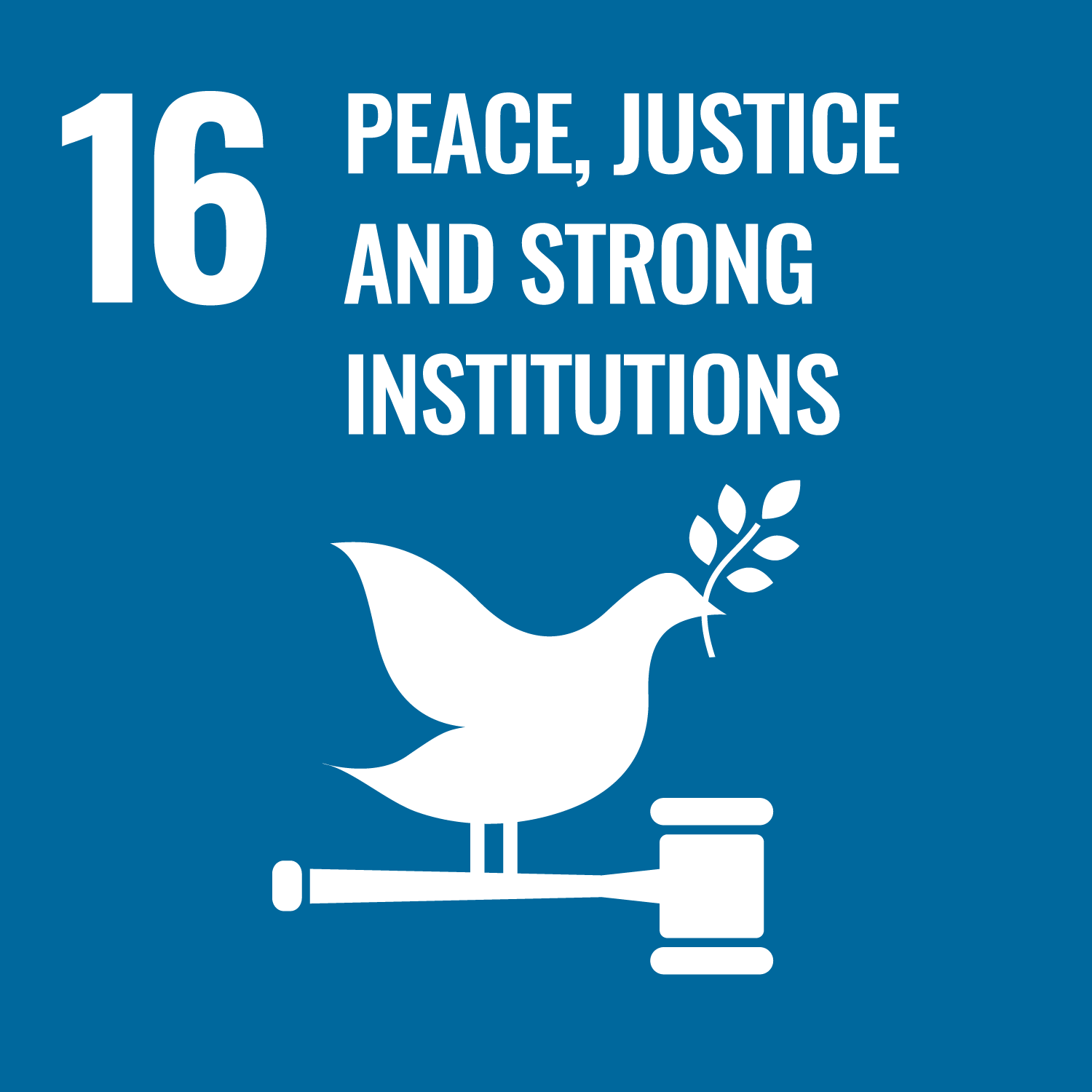This article considers the role of state in protecting and supporting lesbian and bi women in Cuba. The report draws on the experiences of 17 self-identified lesbian and bi women in Havana. The author considers the context of gender and sexuality in Cuba, identifying that from the 1970s onward, political and cultural acceptance of LGBT people has increased. The article identifies that LGBT parenting is not currently prevalent in the media or discussed in government, however, this absence ‘has not greatly hindered’ the lesbian and bi women who took part in this study.
The author reaches three conclusions: first, the rejection of legalising same-sex marriage in 2007 was viewed by participants as actively infringing on their rights; second, the absence of state policy for LGBT assisted reproduction resulted in conflicting information, unmet needs, discrimination and an overall gap which often worked to counteract reproductive rights in Cuba; and third, although policy was lacking to assist LGBT parenting, the non-normative family structures in Cuba meant that lesbian and bi women’s parenting options were ‘well within Cuban norms,’ leaving social and political space for lesbian and bi women parents. The author finishes with a recommendation for gender equality campaigns to also include a focus on fatherhood, especially for queer men and for those fathering children with lesbian or bi women, with the end goal of a ‘more inclusive society for all’.








